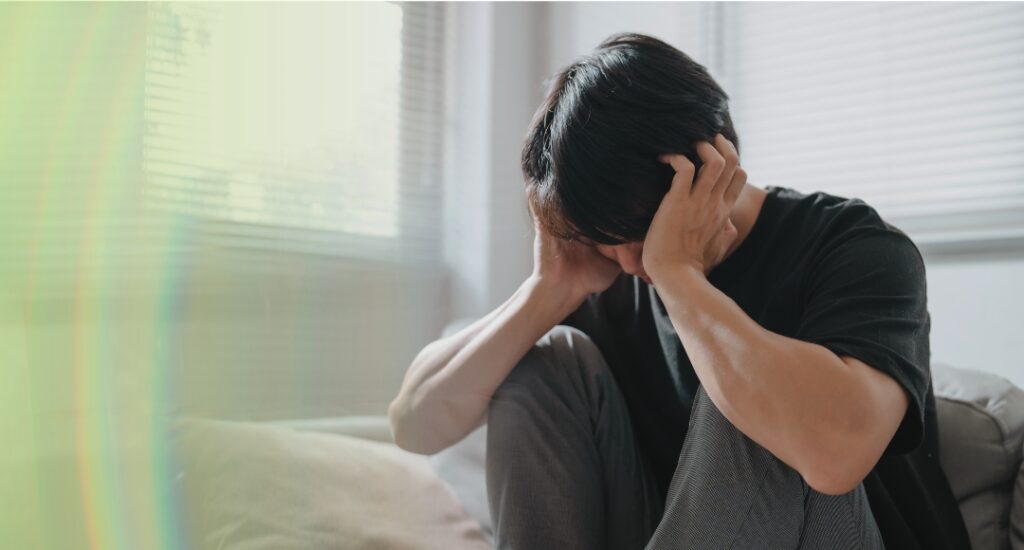Therapists can and do experience depression—just like anyone else. While it’s a common myth that mental health professionals are immune to emotional struggles, the truth is more nuanced. Therapists are trained to manage mental health challenges, but they are not exempt from them.
Why People Think Therapists Don’t Get Depressed
Many people assume that therapists, due to their psychological training and emotional awareness, have perfect mental health. This belief is reinforced by the therapist’s role as a helper, guide, and source of stability for clients. However, emotional resilience is a skill, not a shield.
The Reality: Therapists Are Human Too
Therapists may face burnout, compassion fatigue, and even vicarious trauma from continually engaging with the emotional pain of others. According to studies published by organizations like the American Psychological Association (APA), mental health professionals are at risk for stress-related conditions, especially when they lack proper support or self-care strategies.
Protective Factors Therapists Often Use
What sets many therapists apart is not immunity to depression, but rather access to effective coping mechanisms and professional tools, such as:
- Regular supervision or peer consultation
- Personal therapy
- Strong boundaries between work and personal life
- Mental health education and self-awareness
These practices don’t eliminate the risk of depression but can reduce its impact and promote faster recovery.
Final Thought
If you’re wondering whether your therapist is “too perfect” to understand your struggles, remember: a good therapist uses both professional training and personal insight to connect with clients. Their own emotional experiences often make them more compassionate and effective—not less.



